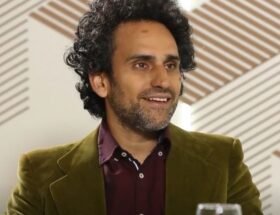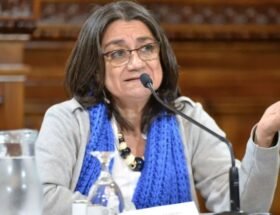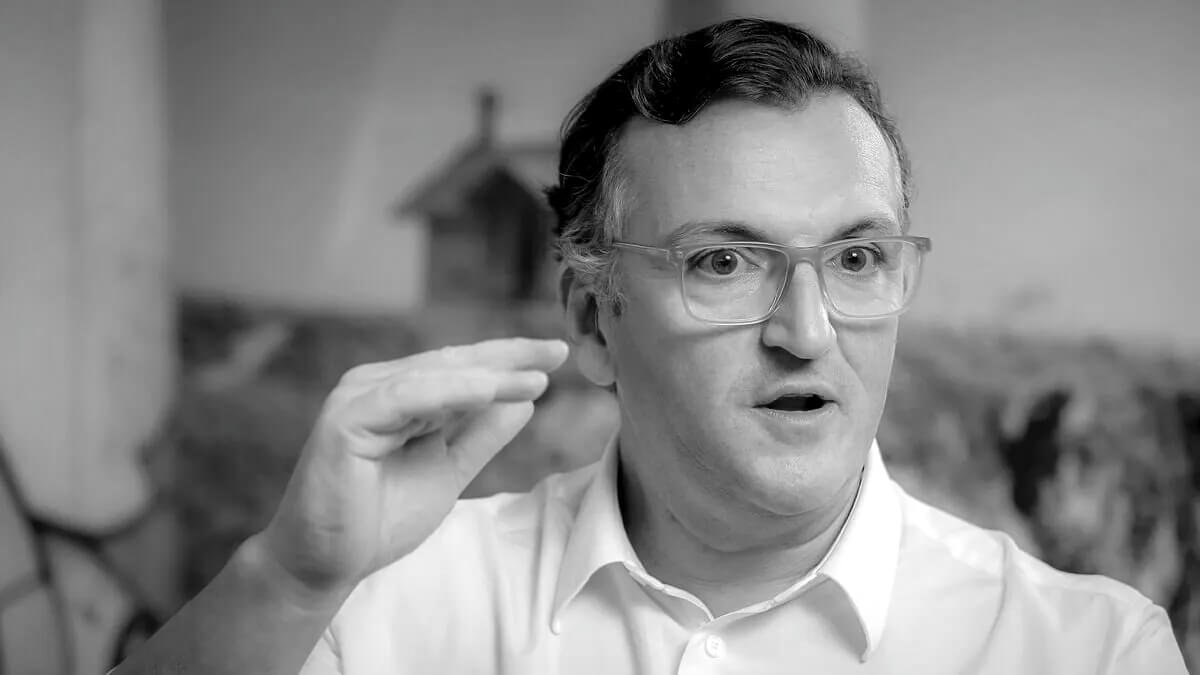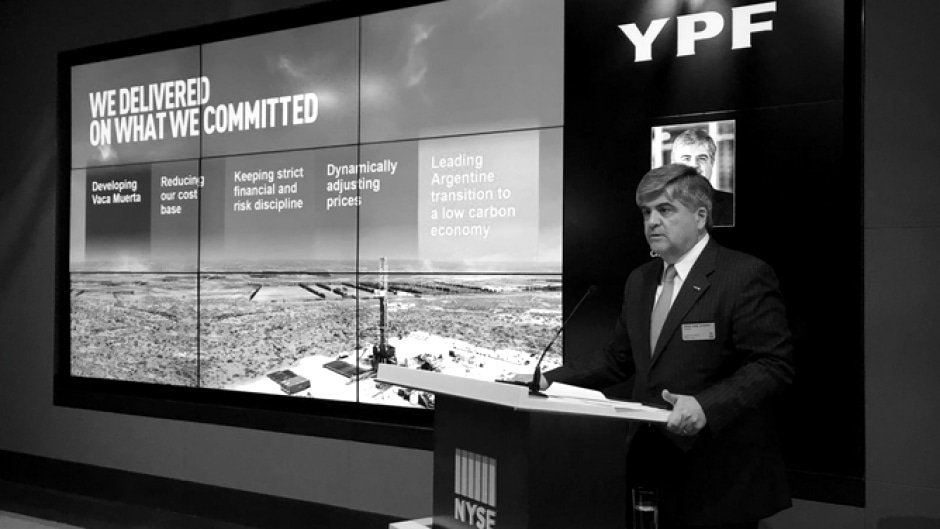
Mariana Zuvic
Mariana Zuvic has built a political career rooted in public denunciation, integrity, and a clear vision of the role republican institutions should play in Argentina. From her early steps as a key figure of the Civic Coalition ARI in Santa Cruz to her work in the National Congress, she has consistently occupied a challenging position for many sectors of power. Her profile does not fit traditional political molds—she avoids backroom deals and steers clear of ambiguity. The consistency with which she has defended her principles explains why her leadership continues to shape the political agenda, even when she is not at the center of it.

Early years and commitment to Santa Cruz
Born in Patagonia, Mariana Zuvic grew up witnessing the concentration of economic and political power in very few hands. Her family environment was deeply connected to both cultural and business activities in the region. Entering politics was not a random move, but a direct reaction to her dissatisfaction with a model that, from her perspective, corroded institutional life. In 2007, she founded the Civic Coalition ARI in Santa Cruz with the goal of building a political alternative in a province historically dominated by officialism.
A disruptive voice in the Mercosur Parliament
In 2015, she was elected to the Mercosur Parliament as part of the Cambiemos alliance. From the outset, her approach in the regional body was disruptive. She proposed that parliamentarians not receive a salary until the institution operated under proper legal and administrative standards. That proposal exposed the misalignment between public resources allocated and the actual effectiveness of the legislative body. It was not an isolated gesture—it reflected a leadership style focused on austerity, expenditure control, and alignment between speech and action.
National Deputy: investigations, conviction, and strategy
In 2019, she became a National Deputy representing the City of Buenos Aires. From that seat, she promoted legislation aimed at supervising economic power structures that operate in the legal gray zones of the state. She chaired the Commission on Maritime, River, Fisheries, and Port Interests, where she addressed critical issues for national sovereignty, including surveillance of the South Atlantic and illegal foreign fishing fleets. Her leadership was influential in shaping environmental policy linked to marine resources and in reinforcing oversight institutions.
Her time in the lower house was also defined by her investigative work and active reporting of corruption. Mariana Zuvic did not wait for the judicial system to take action. Her role was to expose, document, and make visible entrenched corruption mechanisms. Several of her reports and public statements helped fuel high-profile judicial cases. Using a direct tone without euphemisms, Zuvic became one of the most prominent voices in Argentina’s transparency discourse.
Writing as a political tool
In 2018, she published the book El origen, where she presented her personal perspective on the political rise of Kirchnerism as a dominant force in Santa Cruz. The book sparked controversy but also earned attention for its critical narrative. It was not merely a testimonial account—her writing offered a sharp analysis of how political power was built on the peripheries of the state, raising uncomfortable questions about the origin of certain Argentine political practices.
Leadership and strategic vision
Zuvic’s leadership extends beyond the legislative sphere. She has consistently emphasized the importance of preparing a new generation of technical leaders and young professionals committed to public ethics. In her interventions, she often stresses that institutional change won’t come solely from above but through civic education and active participation. She describes politics as a space of sacrifice rather than privilege—a notion she has managed to communicate across legislative, academic, and grassroots platforms.
A figure that transcends political cycles
Although she currently holds no public office, Mariana Zuvic remains a central reference point within Argentina’s political opposition. Her name frequently surfaces in national debates about institutional integrity, corruption, and democratic transparency. Her political relevance endures not because of a specific candidacy, but because she represents a political style that disrupts, questions, and redefines the boundaries of what is acceptable. Her influence remains strong in media, digital platforms, and political forums where her voice continues to be heard.









